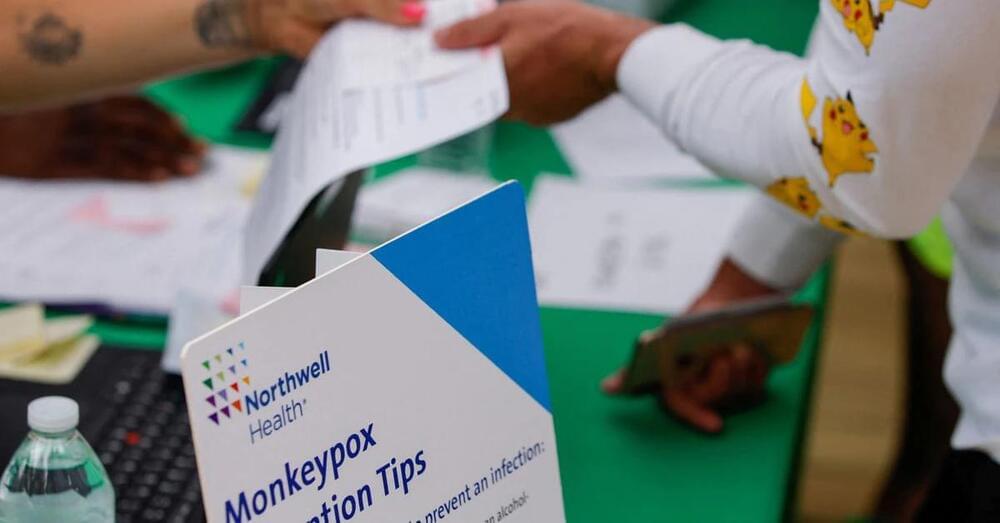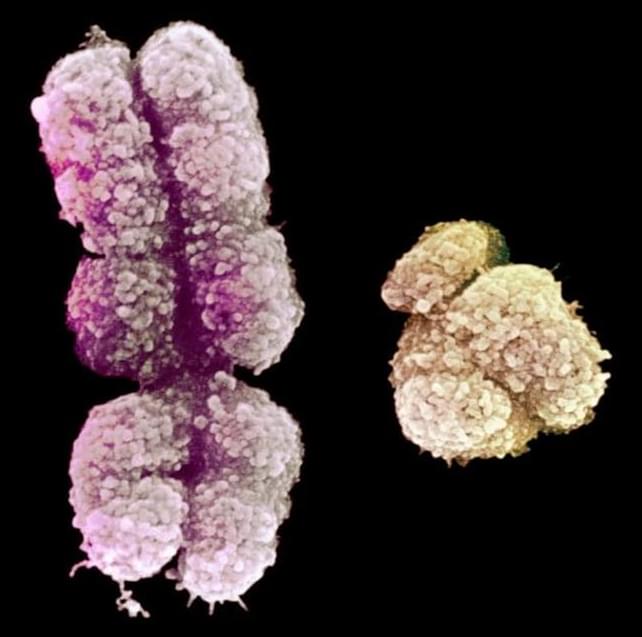Electrical activity in neurons is highly energy demanding and accompanied by rises in cytosolic Ca2+. Cytosolic Ca2+, in turn, secures energy supply by pushing mitochondrial metabolism either through augmented NADH transfer into mitochondria via the malate aspartate shuttle (MAS) or via direct activation of dehydrogenases of the TCA cycle after passing into the matrix through the mitochondrial Ca2+ uniporter (MCU). Another Ca2+-sensitive booster of mitochondrial ATP synthesis is the glycerol-3-phosphate shuttle (G3PS) whose role in neuronal energy supply has remained elusive. Essential components of G3PS are expressed in hippocampal neurons. Single neuron metabolic measurements in primary hippocampal cultures derived from rat pups of either sex reveal only moderate, if any, constitutive activity of G3PS. However, during electrical activity neurons fully rely on G3PS when MAS and MCU are unavailable. Under these conditions, G3PS is required for appropriate action potential firing. Accordingly, G3PS safeguards metabolic flexibility of neurons to cope with energy demands of electrical signaling.
SIGNIFICANCE STATEMENT:
Ca2+ ions are known to provide a link between the energy-demanding electrical activity and an adequate ATP supply in neurons. To do so, Ca2+ acts both, from outside and inside of the mitochondrial inner membrane. Neuronal function critically depend on this regulation and its defects are often found in various neurological disorders. Although interest in neuronal metabolism increases, many aspects thereof have remained unresolved. In particular, a Ca2+-sensitive NADH shuttling system, the glycerol-3-phosphate shuttle, has been largely ignored with respect to its function in neurons. Our results demonstrate that this shuttle is functional in hippocampal neurons and safeguards ATP supply and appropriate action potential firing when malate aspartate shuttle and mitochondrial Ca2+ uniporter are unavailable, thereby ensuring neuronal metabolic flexibility.






